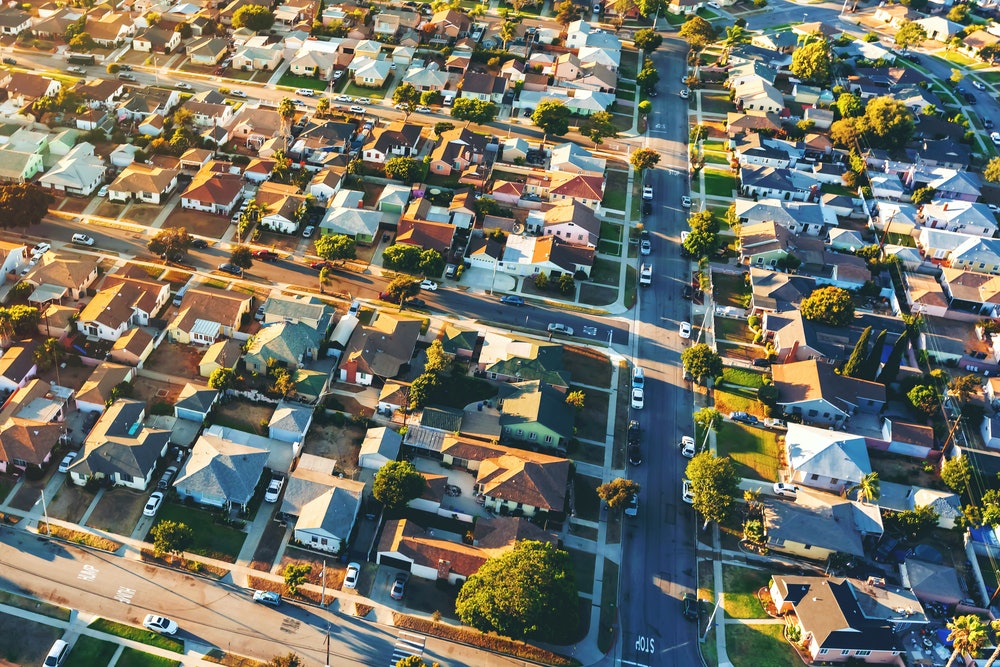Both Republicans and Democrats increasingly agree that it is high time we reform the tax code — and that’s the extent of the agreement....
Both Republicans and Democrats increasingly agree that it is high time we reform the tax code — and that’s the extent of the agreement. Republicans aim to keep marginal tax rates down, in order to reduce the code’s drag on economic growth. Meanwhile, Democrats first and foremost want the code to further ameliorate growing income inequality. Nowhere do these two goals conflict more than in the battle over the taxation of investment income. Reducing the tax rates on dividends and capital gains was a key precept in the Bush tax cuts, and the leading Republican political figures on the tax-writing committees vigorously defend them today. At the same time Democrats have decried the unequal distribution of investment income and have used the Republicans’ defense of the lower tax rates on this income as prima facie evidence of their overarching concern for the well-off. But Republicans understand that treating capital gains and savings as ordinary income and subjecting it to a sharply higher tax rate is an expensive and ultimately counterproductive way to raise more revenue. While those with more income from capital gains would owe more in taxes, everyone would feel the impact of the lower economic growth that would ultimately result — as would our federal budget. There is a wealth of evidence suggesting that higher returns to saving — which a lower capital-gains tax rate engenders — ultimately result in more saving and investment. For example, former Treasury Secretary Larry Summers determined during his days as an academic economist that savings rates were extremely sensitive to the return on saving, and that high taxes on what our savings and investments earn significantly reduce how much we save. James Poterba, head of the National Bureau of Economic Research, has done research showing that increasing the return on saving via the tax code strongly affects how much we save. In his studies of how the introduction of tax-advantaged accounts such as 401ks and IRAs impacted savings rates, he found that these innovations increased savings by roughly 30-40%. More saving increases investment, which in turn increases productivity and future economic growth as well. Nobel Laureate Robert Lucas once said that eliminating the taxation on capital income was the closest thing to a free lunch that exists in this world. He estimated that the capital stock in the U.S. (i.e., the amount of plant and equipment available for workers to use) would be 50% larger if we did not tax capital gains and dividends at all. Our economy would be trillions of dollars larger in such a world, which, I submit, would make our current budget predicament much more tractable. Ultimately economic growth is the key ingredient to generating the revenue necessary to cure our budget ills. The two periods when revenue grew the fastest in recent history were 1997-2000 and 2004-2007. In neither occasion did tax rates increase at all — but both represent periods of strong, sustained economic growth. There is no doubt that there are wealthy people who take advantage of tax laws and manipulate their corporate form to exploit certain tax-rate differentials. Former presidential candidate John Edwards and his machinations with his corporate form to avoid paying self-employment taxes is just one example. We should strive to prevent this from happening as much as is possible, certainly, but devising a tax code that’s unfriendly to economic growth in the name of meting out justice to a small class of ne’er-do-wells is not an appealing trade-off to most people. The goal of a tax code should be to generate the revenue necessary to pay for our government, in the most efficient way possible, with the smallest impact possible on economic growth. This vision has been waylaid in recent years as politicians of all stripes have used the tax code to pursue any number of small-bore policy agendas, with the result being a tax code that is complex and often contradictory, and that does very little to create growth. In an environment with trillion-dollar deficits and 8% unemployment, growth is more important than ever. Reducing income inequality is an admirable goal. However, doing so by sacrificing economic growth, which harms those at all income levels, is not an acceptable tradeoff to most people. This article originally appeared on Forbes.com on April 5, 2102.

























